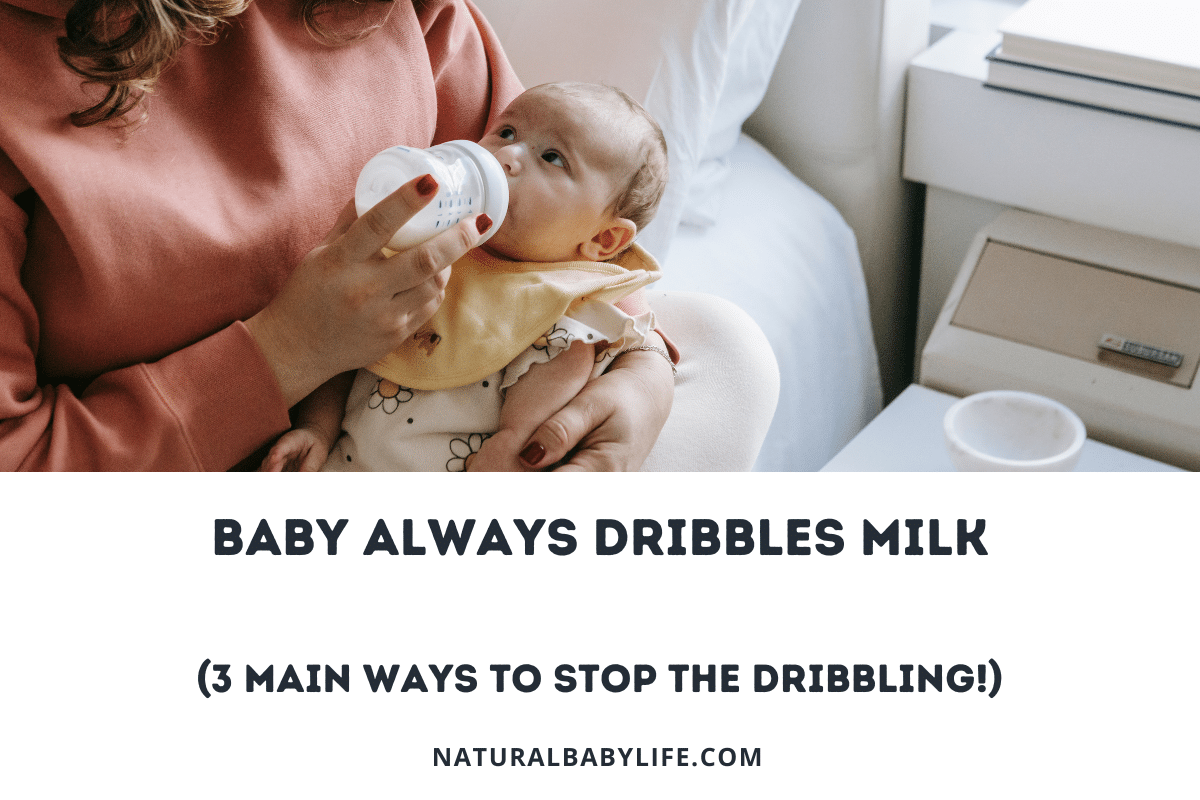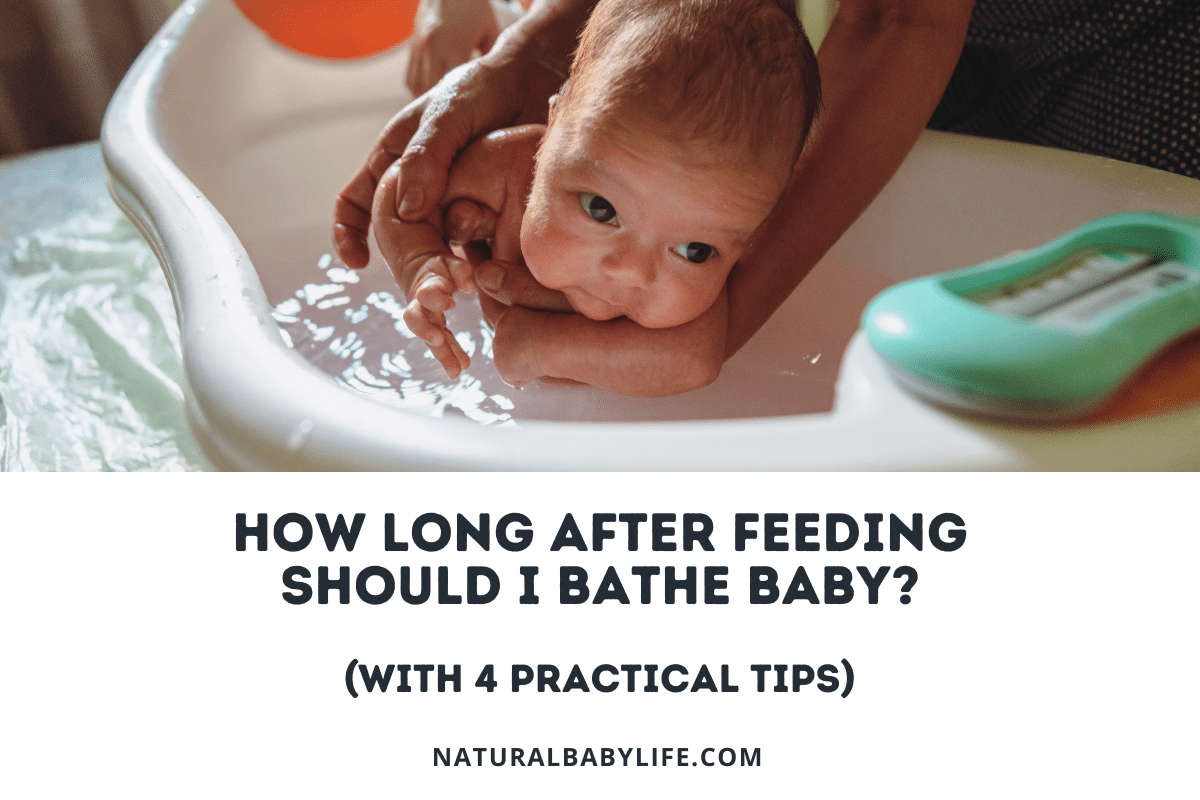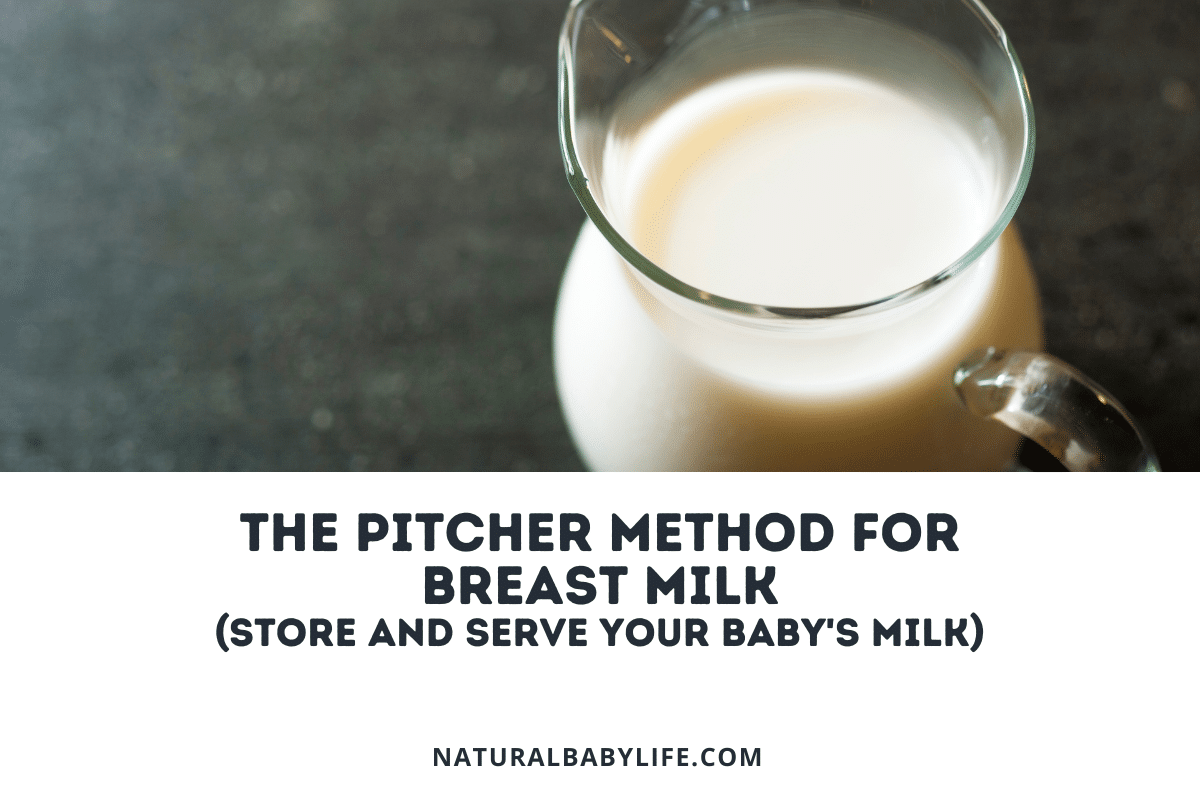Babies cry – there’s no way around it. Crying is normal and completely natural. It is one of your baby’s only means of communicating with you that something is not quite right. They may cry when they’re hungry, when they need a diaper change, when they’ve got gas, and when they’re bored or tired. As a parent, you’re going to hear a lot of crying – your job, then, is to interpret what those bouts of fussiness are telling you.
If your baby is breastfeeding, crying during feeding may be hard to decipher. After all, you’ve read your baby’s signals that they’re hungry, shouldn’t they be easily settling for a feed? Or perhaps the feeding was going just fine and then the baby started to fuss midway through – what could that possibly mean?
Sometimes you really need to do some investigation to figure out what is going on. Does your baby exhibit any of the following?
- Baby keeps pulling away while breastfeeding
- Baby cries during breastfeeding at night
- Baby latches and unlatches and cries
- Baby squirms while breastfeeding
- Baby cries at the breast but takes a bottle
- Baby cries even after feeding
Hang in there – these problems are typically temporary and can be solved with a little detective work.
Table of Contents
What does it mean when my baby cries while breastfeeding?
The quick (though unsatisfying) answer to that question, unfortunately, is it depends. And this is where the difficulty comes in – baby can’t tell us. Below are some of the most common reasons why baby might get fussy when feeding at the breast, along with some suggestions for each.
Is the milk coming too slowly?
This type of crying may happen right at the beginning of the feeding – baby comes on and off the breast repeatedly and seems pretty upset. Or it may happen midway through the feeding – you’ve seen or heard lots of swallows, then baby gets restless. It could be that your baby just wants the milk to come faster.
If it happens during latching, try hand expressing a little milk before latching. Or do a breast compression as your baby is latching so that they get a burst of milk to keep them interested. Compressions and massage are helpful if your baby gets restless during the feeding – they might just want the milk flow to pick up again.
If your breastfeeding baby has had bottles, they might get used to the faster flow of milk. Try to limit the number of bottles you give (unless they’re necessary for baby’s health) and use a slow flow nipple when you do bottle feed. Making bottle feeding more like breastfeeding may limit the amount of crying your baby does when they go back to the breast.
Is the milk coming too quickly?
If you notice that your baby is gulping and coughing when your milk is letting down, you might have a forceful letdown. They may fuss or cry because they are having trouble taking a breath with the onslaught of milk.
You can try pumping before feeding to allow the milk flow will slow a little after the first letdown. Keeping your baby in a more upright position when feeding can also help, as well as taking them off the breast when the fussing and gulping starts.
If your baby is growing well but seems uncomfortable all the time after feeding, it may be that you have an oversupply. Oversupply can be pretty challenging, and you don’t want to do much to purposefully down-regulate supply in the first weeks of feeding. Working closely with a lactation consultant is the best way to get your supply down to a more manageable level. In the meantime, let your baby have short, frequent feedings, pump to the first letdown then put the baby to the breast, and keep baby in an upright position for feedings.
Is your baby ill?
Does your baby have any cold symptoms – such as a stuffy nose? If so, it could be that breastfeeding is painful or that they’re having problems breathing while feeding. For a stuffy nose, you can use saline nose drops and a nasal aspirator before feeding. A visit to your healthcare provider to rule out any other infections may be warranted.
Is it possible your baby has thrush – a yeast infection that can present as white patches in baby’s mouth? If so, it may actually hurt to feed. Thrush needs to be treated with prescription medication, so be sure to check with your baby’s doctor if you notice white patches in baby’s mouth, a pearly sheen to baby’s saliva, a yeasty diaper rash, or thrush symptoms for mom (an itchy, shiny red rash on the areola with stinging or shooting pain are tell-tale signs).
Is it related to gassiness?
Some babies fuss when they need to burp or pass gas – even if they’re in the midst of feeding. Stopping your baby often to burp – especially if you have oversupply – can help. Gassiness is pretty normal for a baby. After all, their digestive system is just developing. Ask your baby’s healthcare provider about anti-gas drops. Or try bicycling baby’s legs, placing a warm washcloth on baby’s tummy or learning baby massage. Frequent, short feedings seem to really help when your baby fusses at the breast because of gassiness.
Here is a short video of the bicycle technique!
Could it just be colic?
Does your baby have inconsolable crying for 3 or more hours per day, for 3 or more days per week and it’s been going on for 3 weeks or more? It could just be colic. The bad thing about that – aside from baby’s distress and your difficulty coping – is that there’s no known cure other than time. Offering the breast often and keeping your baby as comfortable as possible. Probiotics for your baby might help, too.
Could it be my breastmilk?
Occasionally, babies are allergic to something in mom’s milk. Food proteins, especially from dairy products, can cause problems for some babies. Fussing or crying at the breast, however, is only one symptom. When a baby is truly allergic to something in their diet, they typically exhibit multiple symptoms including weight gain issues, rash, gassiness, and more. The ‘treatment’ for this isn’t necessarily weaning – but could start with eliminating the potential allergens from mom’s diet to see if that helps the baby. It can take a while for these proteins to work their way out of mom’s system, and it takes a lot of label reading to find those hidden ingredients that could contribute to continued exposure.
How to help a baby stop crying during breastfeeding
Fussiness during breastfeeding can be very challenging. So much so that some parents wonder if they should switch to bottle feeding. You may think pumping and feeding your baby expressed breastmilk is a better option. It can be difficult to keep up a good milk supply with just pumping, and your baby may have more gassiness from bottle feeding. But it’s also an option. If you’ve got low milk supply and haven’t been able to increase it, you may need to use some formula. The formula is more difficult to digest than breastmilk, so you may notice some discomfort and fussiness when switching. So switching to bottle feeding may not solve your problem, but instead may create additional aggravation.
Whether or not the crying happens during feedings, it can be difficult sometimes to figure out how to calm your baby. If you have ruled out other causes and your baby is still fussing, you can try the following:
- Stay in motion – even when feeding. Walk, bounce, rock, sway.
- Try giving your baby a pacifier and allowing them to settle, then offer the breast again a little while later.
- Use white noise – a fan, the vacuum cleaner, the dishwasher or clothes washer, taking a car ride – to help baby settle.
- Get some fresh air and sunlight every day. It may not keep your baby from fussing at the breast, but it will help lift your mood and maybe baby, too.
- Breastfeed in a dim, quiet room.
- Take a bath with your baby. The water will soothe both of you and the baby will have easy access to the breast.
If the fussing gets to be too much
Parenting a crying baby – especially when you’re the main food source for your breastfed baby – can be stressful and exhausting.
If you find that you are beginning to lose patience, be sure to place your baby in their crib or another safe spot, and take some time to calm yourself. Walk away, take deep breaths, step outside to take a few gulps of fresh air, phone a friend, read some headlines, and only when you feel calm again go in to calm your baby. A few minutes of crying won’t damage your little one – the little break can go a long way in helping you cope with your baby’s behavior.
If you’ve got a fussy baby, working closely with your baby’s doctor and lactation consultant is an important step you can take to making life a little easier on both of you. Your baby’s doctor will be able to investigate any physical causes that may be leading to your baby’s crying at the breast. A lactation consultant will have tips and tricks to make your baby more comfortable when feeding. Having a team on board helping you with the detective work will make your breastfeeding relationship a little less fraught and a little more enjoyable, even if your baby cries while breastfeeding.










